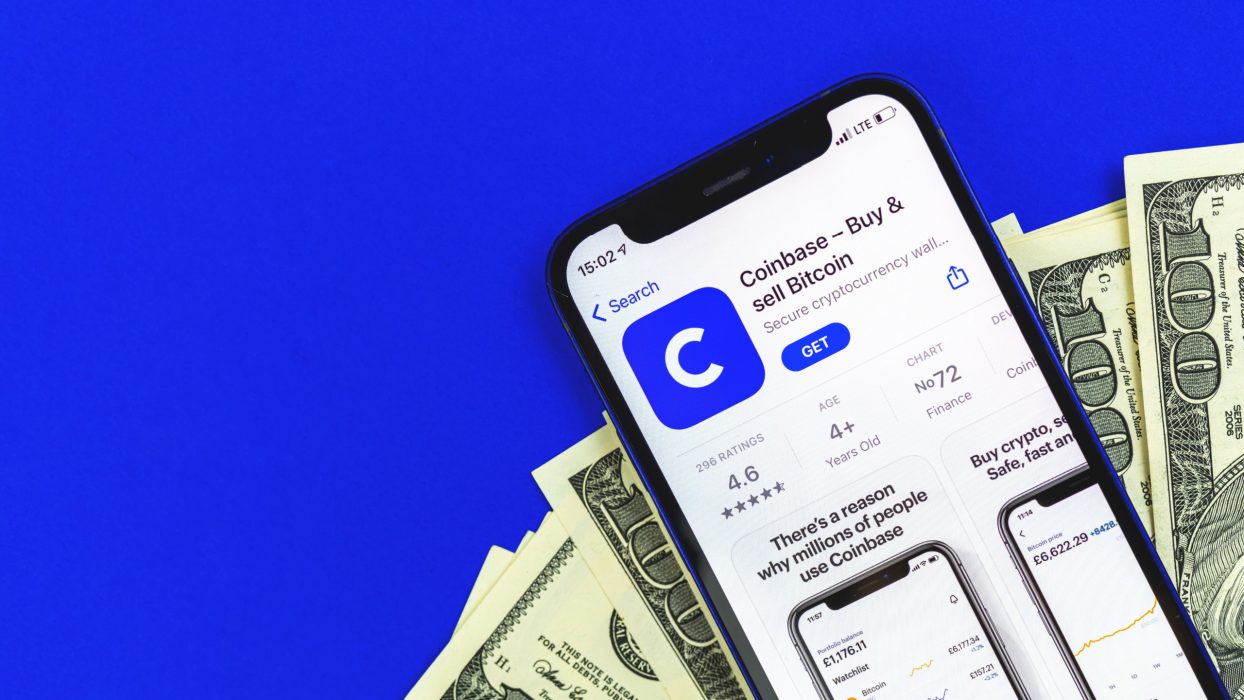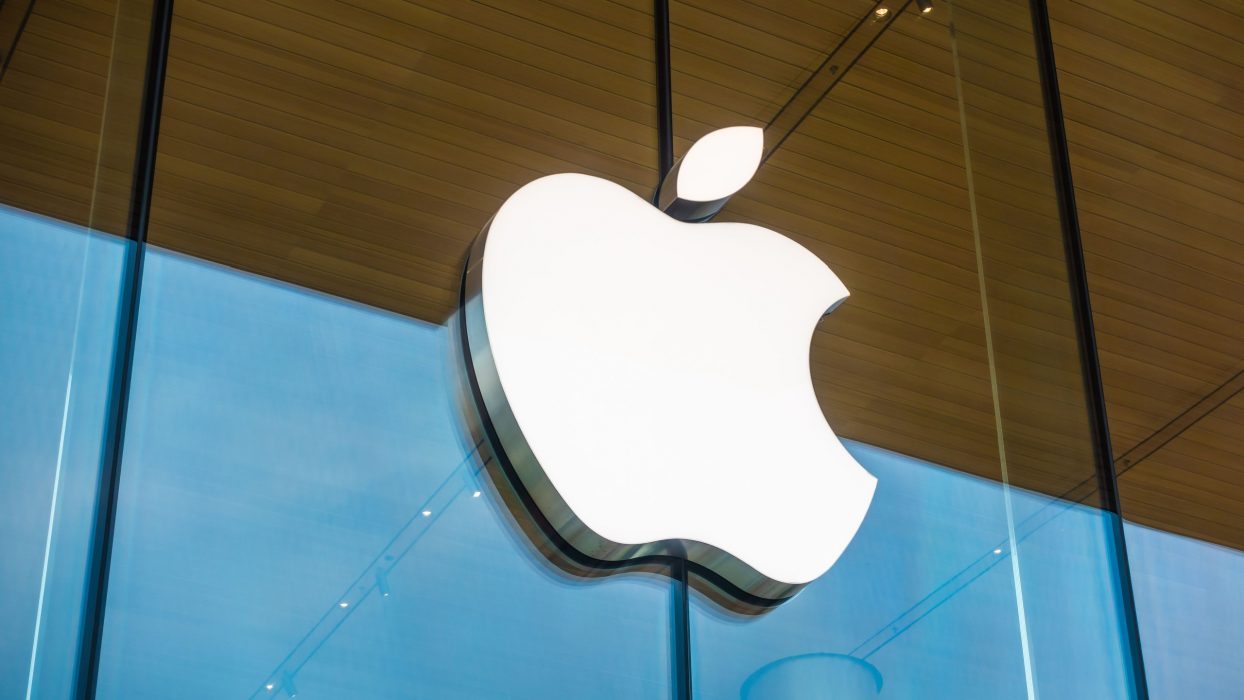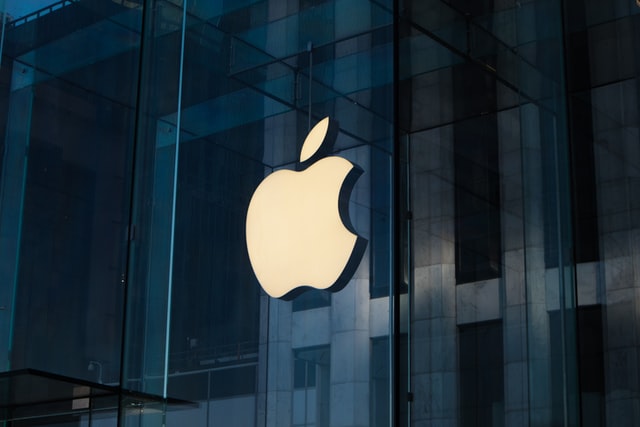Leading cryptocurrency exchange, Coinbase said it’s been forced to remove non-fungible token (NFT) transactions from the iOS version of its wallet app, following Apple’s decision to apply its ‘Apple tax’ to these transactions.
Coinbase said the NFT feature had been disabled to get around a block on its latest app release due to Apple’s transaction fees policy.
Apple’s policy doesn’t straight-up ban NFT transfers, but it does require that 30 percent of the gas fees — the blockchain network fees paid by users to process the transactions — are paid directly to Apple.
Complying is Impossible: Coinbase Boss
Coinbase’s official Twitter account posted a thread on Thursday explaining why the NFT functionality had been removed from its iOS wallet app. Coinbase pointed out that it was not possible for it to comply with Apple’s policy as Apple’s in-app purchase system doesn’t currently support crypto.
The thread also likened Apple’s policy to “trying to take a cut of fees for every email that gets sent over open internet protocols.”
Coinbase CEO, Brian Armstrong, tweeted that conversations with Apple had recently started to become “absurd” as Coinbase struggled to navigate what they consider nonsensical policies imposed by Apple.
Cryptosphere Reacts
On Twitter, many users have expressed their frustration with what they perceive as excessive greed interfering with the growth of crypto.
Others pointed to Solana’s soon-to-be-released Saga phone as a potential way around Apple’s policies.
Apple announced in October that NFT in-app transactions would be subject to the same 30 percent fee as all other types of in-app transactions. Apple’s insistence on applying their tax to NFT transactions has meant that NFT marketplaces and other crypto-centric functionality has remained largely absent from its App Store.





